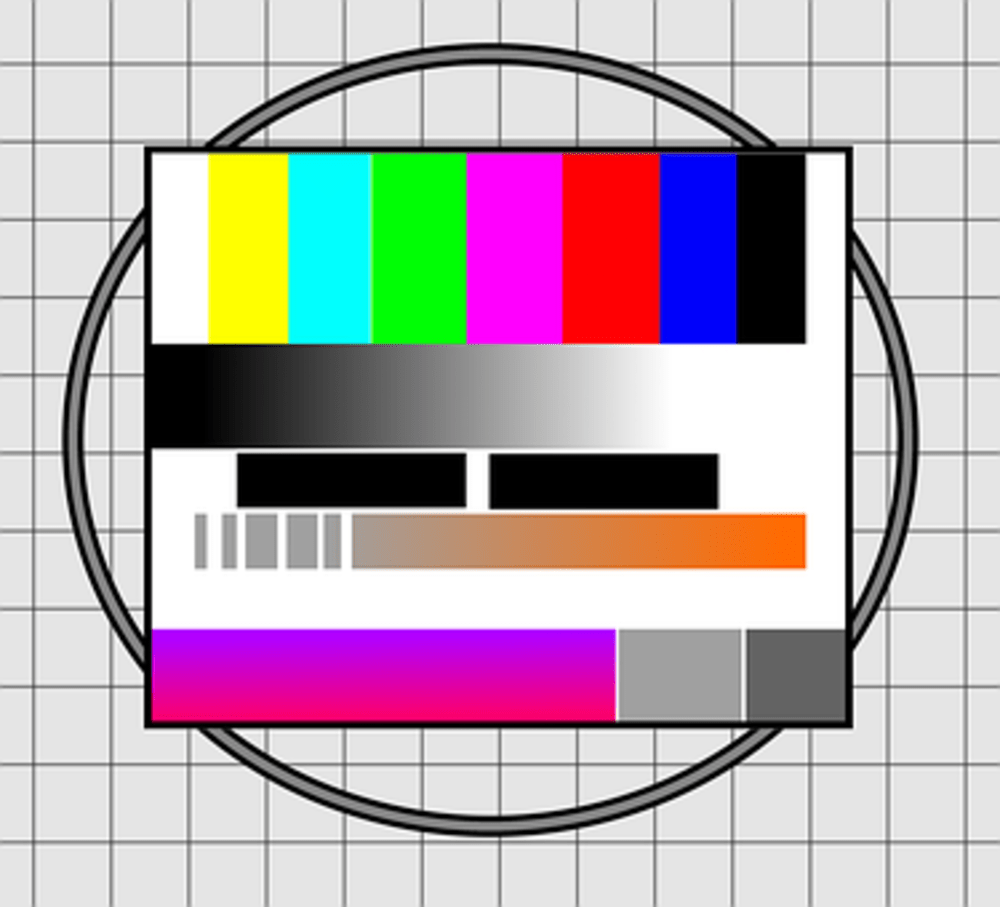Getting a TV that is working properly can be a challenge. There are a number of problems that can lead to your television not working at its best. Here are a few of them:
Flickering screens
If you’re experiencing problems with flickering TV screens, there are a few things you can do. The first step is to power off the TV. That will allow the TV to drain all of the electricity. Then, you can turn the TV back on.
If your TV continues to flicker, you may have an internal connectivity issue. If your TV has a bad internal connectivity problem, you’ll want to consider getting a professional to take a look at it.
Another internal issue can be a corrupted video file. In this case, you should unplug your TV from its power source for a few minutes to readjust.
If you’re still experiencing flickering issues, try resetting your TV to the default settings. The refresh rate of your TV can also be adjusted.
Black screen
Black TV screen problems can be caused by a number of reasons. One reason is the external device you are using. Another may be a power issue. It is also possible to have a defective HDMI cable.
To diagnose a problem, you should check all of the inputs and ports on your television. The correct inputs are essential for a good picture and sound. You should also make sure that all of the connections are secure. You can use a multimeter to identify the source of the fault.
You should also make sure that your television is not in the power save mode. This may cause the screen to go blank, as some televisions will automatically turn off after no motion is detected.
Blurred screen
It’s possible you’re not seeing everything that’s on TV. Blurred TV screen problems can be caused by a number of different factors. However, there are a number of steps you can take to resolve the problem. Hopefully, these steps will help you get your TV back in working order.
The first thing to try is to check your network speed. A low Internet connection can cause your TV to have a fuzzy image.
You can also check to make sure you have an HDMI cable attached to your TV. You’ll want to ensure that the output from the cable is high-definition. This is especially important if your TV is set up to display a 4K image.
Lines on the screen
If you have a Samsung Smart TV, you may have noticed horizontal lines on the screen. These lines can range in severity and can be caused by many different factors, such as downgrading the software, a loose cable connection, or a damaged internal component. If you are experiencing horizontal lines, there are a few tips that can help you get rid of them.
First of all, you should check the ribbon cables on the panel board. The ribbon cables are connected to the circuit board in series, so a loose or damaged ribbon can lead to horizontal lines on the screen.
Next, you can power cycle your TV and clear out the flash memory. This will also help you avoid overheating your TV.
Motion smoothing
Motion smoothing is a technique used by televisions to enhance a video’s frame rate. When a TV shows a video at 30 frames per second, the system creates extra frames to make it look as if it was shot at 60 frames per second.
The problem with this is that some people are sensitive to the process. The extra frames can make a film or video feel artificial. This is especially noticeable during scenes that feature fast motion.
There is an anti-motion smoothing campaign involving some well-known celebrities, including Tom Cruise and Christopher Nolan. Martin Scorsese has even asked the public to turn off smoothing.
Some people are not aware that motion smoothing is a major factor in the way a TV picture looks. Most televisions come with it enabled by default. However, there are some TVs that let you turn it off separately.
Broken backlight
Many televisions use a filtered light system at the back of the display. This light is used to create images on the screen. However, this can be problematic when the backlight fails to work properly.
A typical backlight failure can be caused by a number of different issues. Some of these include a short circuit, defective LEDs, or a power surge. It is important to identify the source of the problem before attempting to fix it.
A common TV backlight issue involves a misaligned connector. This can cause a short circuit that will not allow power to reach the LCD panel. To diagnose this problem, you must disconnect the backlight cable from the TV and examine the connection point.

